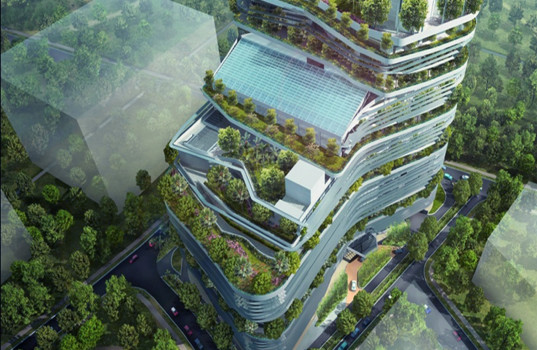The United Nations agency on human settlements has pledged to support green housing in east Africa to promote energy efficiency, news agency Xinhua has reported.
UN Habitat announced recently that it was helping east African countries to adopt green building technology as part of working pro-environmentally on climate change.
Speaking on the sidelines of the Stakeholders Forum on Validation of Kenya Building Research Institute Bill and Strategic Plan, Fredrick Ochieng, Energy Expert at the UN-Habitat said that the aim was to construct buildings that reduce energy consumption.
“The UN is implementing the regional program on promoting energy efficiency in buildings in East Africa so as to mainstream energy efficiency measures into the building codes, building policies and building practices,” Ochieng said.
Read:Poor African settlements make effects of climate change worse-study
The UN-Habitat is conducting the exercise in Kenya, Uganda, Tanzania, Rwanda and Burundi where it hopes to catalyze the construction of 600,000 green buildings over a period of five years.
Funded by Global Environment Facility (GEF) the programme to promote green housing in east Africa has provided technical assistance in the area of green building, house finance and national building codes for Rwanda, Kenya, Uganda as well as provided input in the development of new building permits in Tanzania.
One of the major achievements of the program is the adoption by 10 universities in East Africa of a handbook on sustainable building design for tropical countries as a constituent part of their teaching materials for architects.
Crowded urban settlements
A recent study revealed that crowded urban settlements in Africa make the effects of climate change worse, pushing temperatures to levels dangerous for children and the elderly a new study has found.
The study led by US based Johns Hopkins University scientist has revealed that climate change will hit people living in these “slum” settlements harder because their living conditions often create a warmer “micro-climate” due to home construction materials, lack of ventilation, sparse green space, and poor access to electrical power and other services.
“Our work shows that the health impacts of urbanization and climate change may be hidden from view, particularly in low-income settings,” said climate scientist Anna Scott, the lead author, who is working toward her doctorate in earth and planetary sciences at Johns Hopkins.

